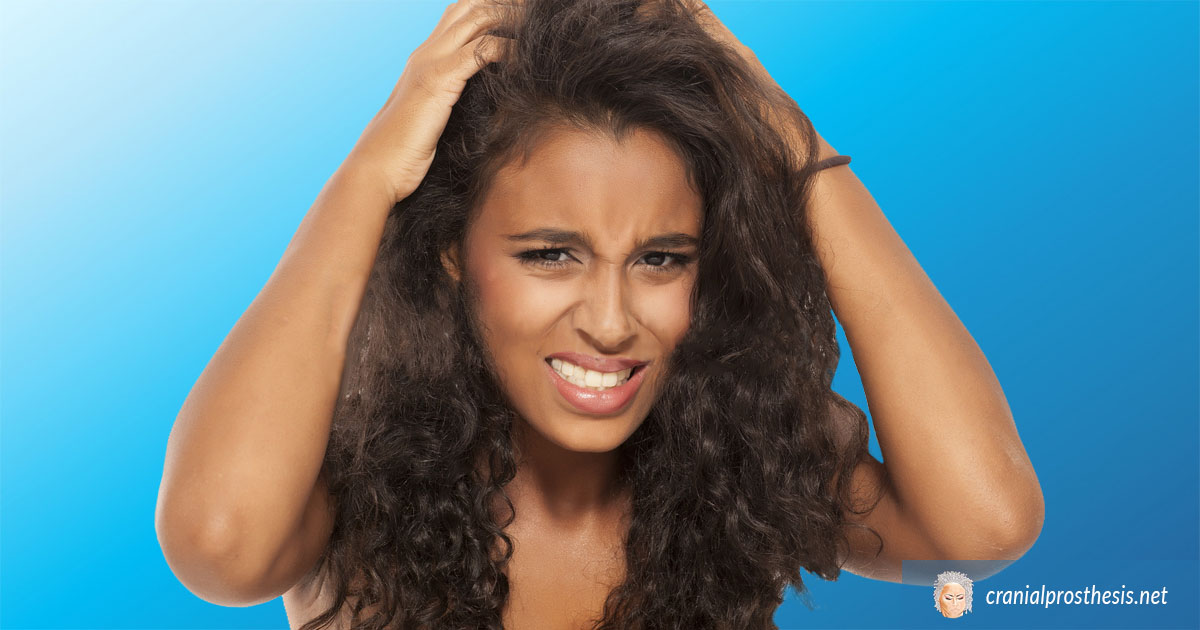
Damaged, dry hair is usually the result of using heat styling products too often. But, before you run to the salon for a major haircut, think about the benefits of using a moisture-restoring hair mask.
Certain foods, oils, and other ingredients can benefit damaged, dry hair in different ways. Sometimes, the following ingredients are found in hair products. But, you can also make DIY hair mask at home.
With the 6 ingredients below, simply coat your hair from scalp to end. Then, leave it under a shower cap for about 30 minutes, and rinse.
1. Almond oil
Almond oil has been used in natural skin care for decades. The moisturizing benefits could extend to hair care, too.
When used for the scalp, anti-inflammatory properties could help treat dry scales related to dandruff, eczema, and psoriasis.
Some researchers believe that almond oil is rich in emollients, which help moisturize and soften your hair overall.
2. Avocado oil
Avocados are good sources of heart-healthy monounsaturated fats, as well as polyunsaturated fats. Healthy, yes. But it’s these natural oils can also benefit your hair — mainly by adding moisture.
3. Coconut milk
Coconut milk is prominent in many over-the-counter hair treatments due to its high lauric acid content.
Using coconut milk also has the added benefit of potentially strengthening your hair and promoting hair growth.
4. Yogurt
Rich in probiotics, Greek yogurt is a popular addition to any DIY hair mask. In theory, these probiotics help exfoliate dead skin cells while keeping your hair hydrated.
Yogurt also helps multi-ingredient hair masks stick together for easier application.
5. Shea butter
Shea butter has increased in popularity in recent years as a skin remedy. But, this super moisturizing ingredient may also help with extremely dry hair and scalp.
Also, it may also help reduce hair breakage, thereby strengthening the cuticle.
6. Aloe vera
While known for healing minor burns and wounds, aloe vera may also offer benefits for your hair.
An aloe vera hair mask may reduce inflammation that can lead to scalp irritation, as seen in some cases of dandruff. Plus, it may also help moisturize and strengthen dry hair.
This ingredient is especially helpful if you have an oily scalp and is considered safe for most people.
You may also enjoy reading: Does Ginger Have Benefits For Scalp and Hair?









